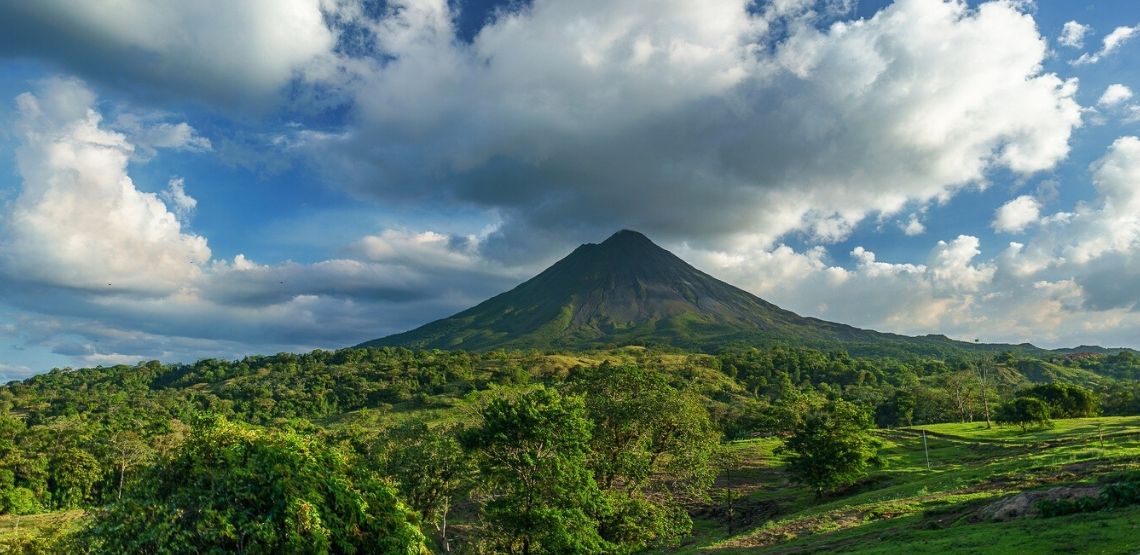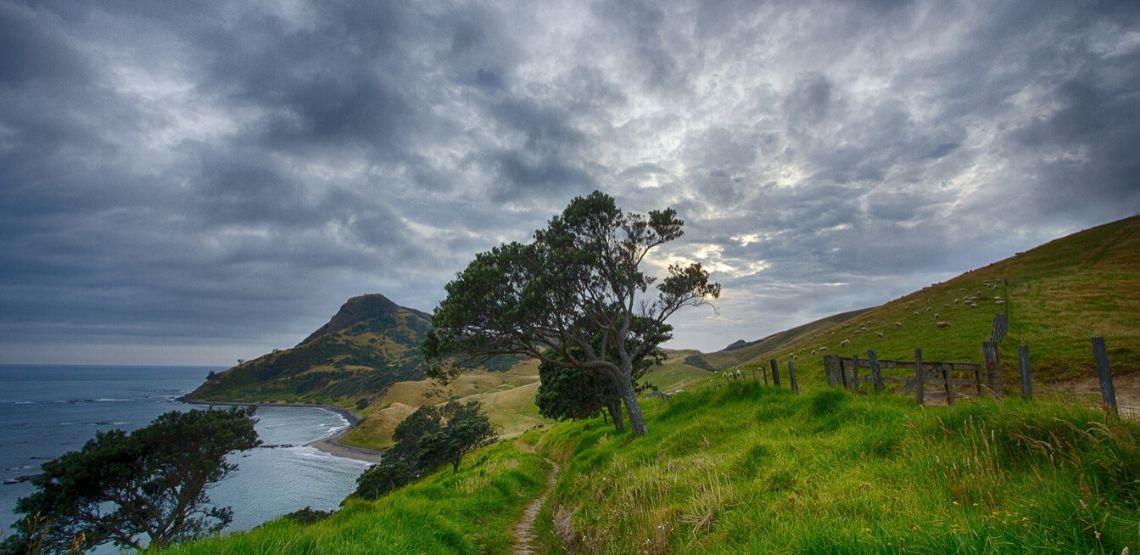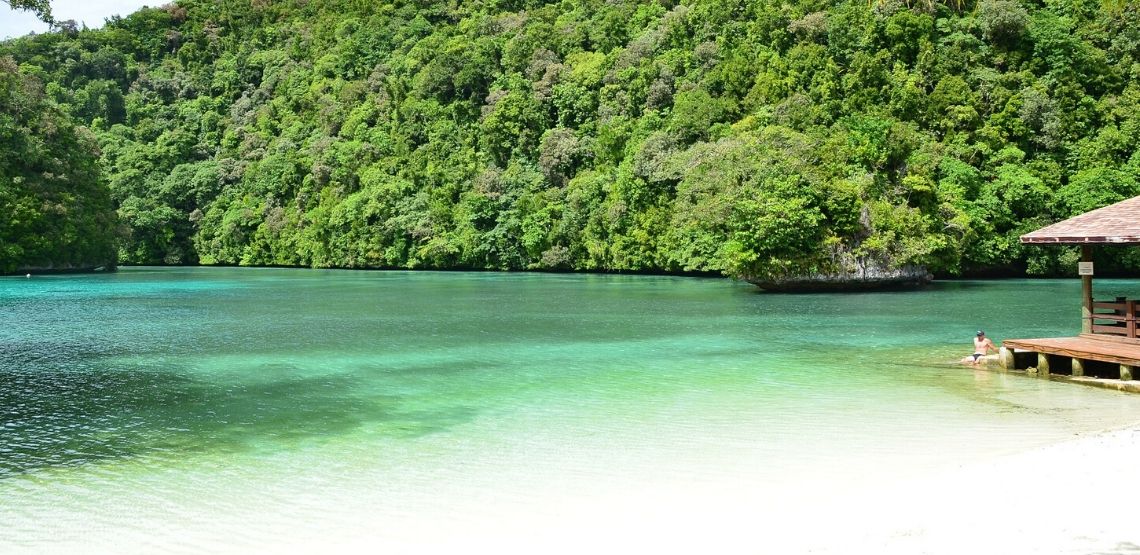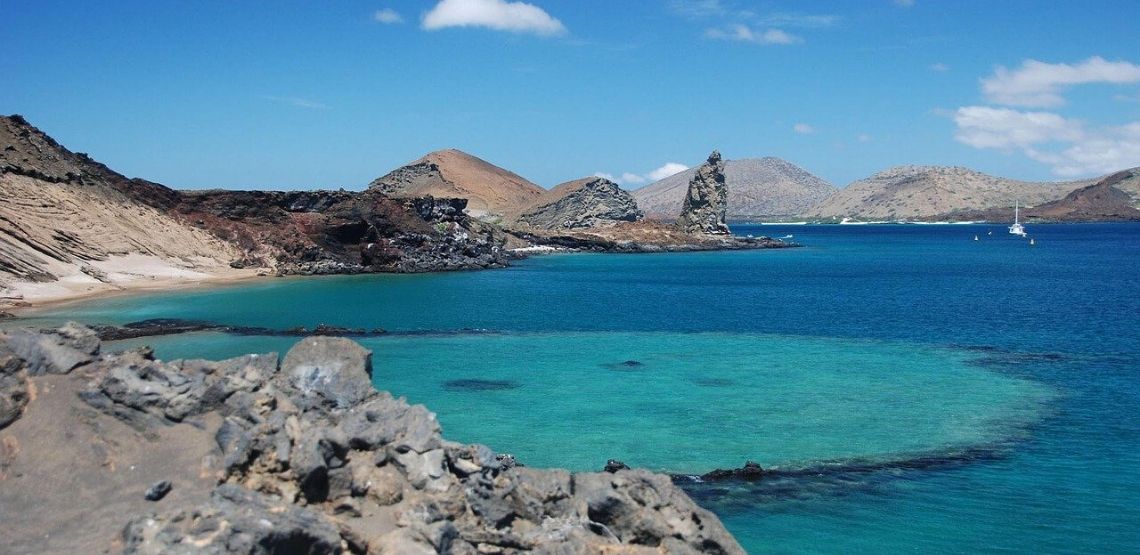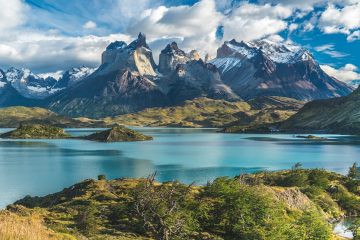Everything You Need to Know About Ecotourism
Your Guide to Ecotourism and the Best Places to Visit if You Want to Try It
What is ecotourism? Ecotourism is one of the quickest growing sectors of tourism. More and more conscious travelers are choosing to be mindful about the potentially negative impacts of traditional travel and they are choosing to travel differently as a result. It may seem obvious that ecotourism is concerned with the conservation of the environment, but there is so much more that it encompasses. Ecotourism.org defines the term as “responsible travel to natural areas that conserves the environment, sustains the well-being of local people and involves interpretation and education.”
Ecotourism activities minimize the impact that travel has on the environment, the local culture and the communities. They also focus on providing visitors with authentic cultural experiences while being sensitive to the culture, politics and social climates and norms that may be affected by these experiences. There is a strong emphasis on the involvement of local people in all aspects of tourism, as well as including them as financial beneficiaries of the tourism industry.
Major Differences Between Ecotourism and Traditional Tourism
If you want to know what the differences are between ecotourism and traditional tourism, we have you covered. Here is how ecotourism is different from regular travel.
Ecotourism and the Environment
Traditional tourism can also be quite harmful to the environment. From piles of trash on the beaches of Thailand, to the destruction of habitats, to the building of tourist infrastructure, we have all seen the negative impact of tourism on the environment. Ecotourism is a form of tourism where the traveler is aware of lessening their impact on the natural environment as they travel. Typically, the facilities that are used are designed, constructed and operated so as to have a low impact on the environment.
Economic Benefits
Another way that ecotourism is different than traditional tourism is in the economic benefits it offers to locals. Even though mass tourism is a multi-trillion dollar industry, very little of the income generated from tourism is typically invested in the local community in most locations. Therefore, travelers must be aware of where their money is going.
In addition to providing an income for the staff that work at the different ecotourism sites, ecotourism also gives workers the opportunity to learn transferable skills that they can then use in other areas of employment. Some ecotourism companies offer training sessions for community members to learn various, useful skills as well.
Cultural Awareness
Many tourists visit beautiful destinations around the world without ever meeting a local person or learning about the culture of the place they are visiting. Eco-tourists are committed to building cultural awareness when they travel. Eco-tours are designed to immerse visitors in the culture leading to a deeper and more meaningful experience and cultural exchange between visitors and locals.
The Downside of Ecotourism
So far we have focused on the positive side of ecotourism and there are certainly many pros. However, there are also some cons.
For one, ecotourism often takes tourists a bit farther off the beaten path into ecosystems that have not been heavily explored. Due to this, it risks spoiling untouched natural habitats and delicate ecosystems.
Furthermore, regardless of having good intentions, there is always the potential for a negative impact on the local people as well. All such interactions should be undertaken carefully with wise planning in order to make sure the goals of a lessened impact are actually realized. Locals should be consulted and included in decision making to make sure that all sides are seen and all voices are heard.
Looking for an out-of-the-ordinary trip? These adventure vacations take you to some of the coolest places on the planet where you can push your limits.
Some of the Best Ecotourism Destinations Around the World
Ecotourism destinations allow travelers to see some of the most beautiful and adventurous places on the planet while lessening the negative impacts that come along with tourism. The following destinations are some of the best ecotourism destinations in the world.
Costa Rica
Costa Rica has made a name for itself in the ecotourism sector. Large swaths of the country are protected rainforest, which many tourists are drawn to. In addition, there are amazing volcanoes and beautiful beaches on both the Caribbean and Pacific coasts. Eco-minded visitors flock to the numerous national parks and protected areas around the country. Additionally, you will have no problem finding eco-friendly accommodation options virtually anywhere in Costa Rica, so you can feel good about your digs.
New Zealand
New Zealand has a reputation around the world for being a clean and green destination. The environment is a big draw here and Tourism New Zealand is leading the charge at protecting it. They’ve developed sustainable travel strategies based on age-old Maori principles of guardianship and hospitality. Look for businesses that have achieved a Green Globe or a Qualmark Enviro rating to know that you are supporting sustainable tourism during your visit.
Kenya
Kenya is famous for its biodiversity. The grasslands packed with large animals such as lions, rhinos, zebras and giraffes may be what first comes to mind, but there are also beaches with coral reefs and beautiful mountains.
Things have not always been great on the environmental front, as poachers have caused many animals to be lost. However, a number of organizations are trying to combat all that and are working hard to make sure visitors are respectful to the environment and follow the best practices for sustainable travel.
Palau
Palau, in the Pacific region of Micronesia, is famous for the coral reefs that lie just off its coast. A popular dive destination, the country has designated the majority of its reef as no fishing zones.
When entering Palau, all visitors must give an “eco-pledge” where they promise to “tread lightly, act kindly and explore mindfully”. Flights arriving in Palau also show an in-flight video that educates visitors about being responsible to the environment during their visit. Hopefully such measures will encourage visitors to respect the natural and living ecosystem and the local population during their visit.
Galapagos Islands
The Galapagos Islands are home to some of the most unique and amazing plants and animals in the world, many of which cannot be found anywhere else. As such, they were the first area to be declared a Natural World Heritage site.
The country has a highly regulated system to manage tourism and visitors to make sure that it remains sustainable and that the endangered species that call the islands home remain there for years to come.
No tourist is allowed to explore the islands without a guide and visitor limits are in place at numerous sites. There are also specific zones where urban development and tourism based construction can occur. If you plan a visit to the Galapagos, be sure to choose a hotel that takes measures to reduce waste and conserve resources so that you are doing your part.


